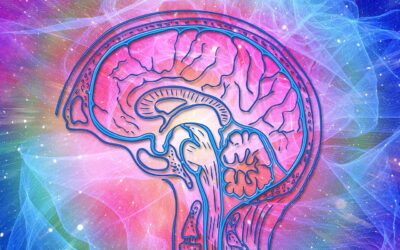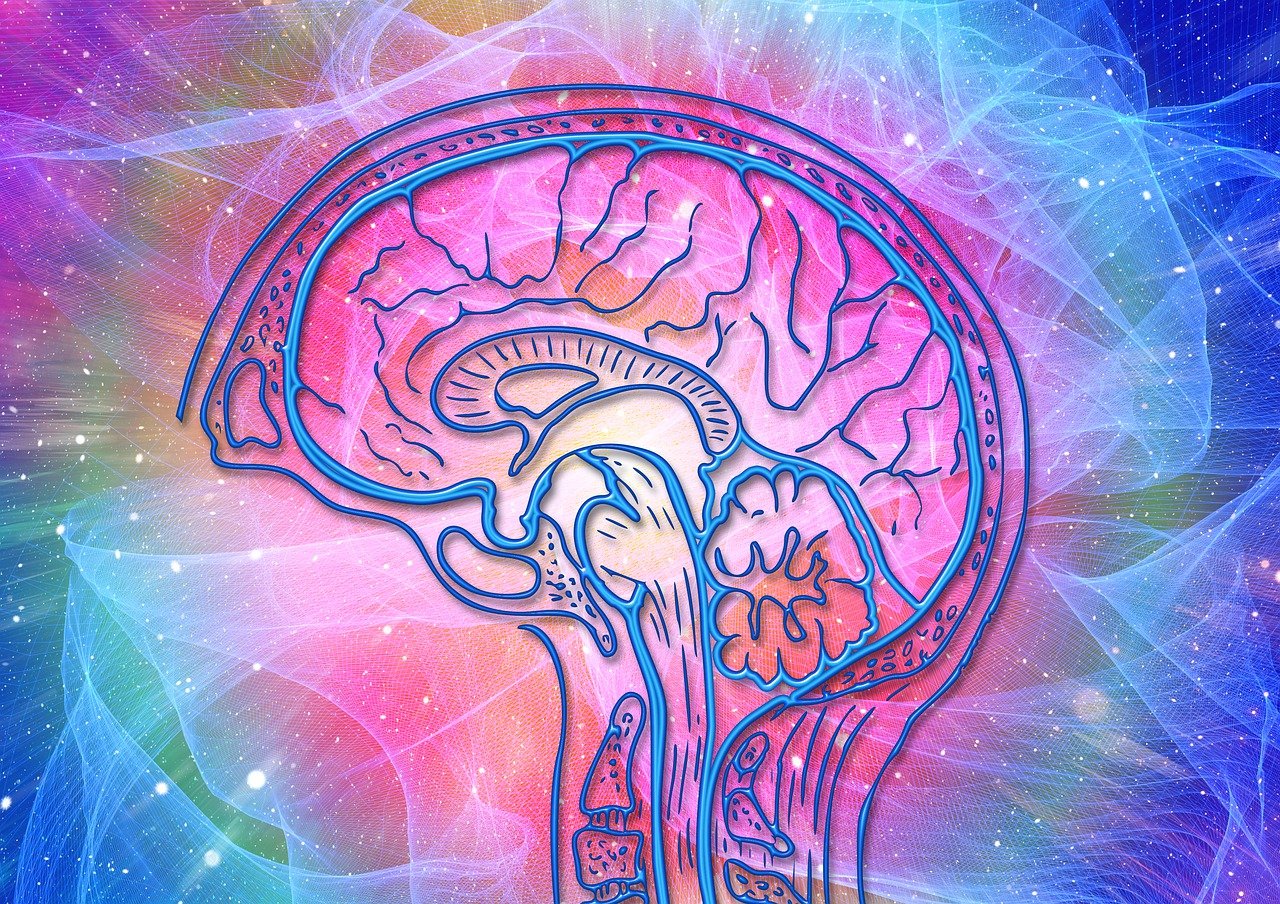Does AI Pose New Threats to Privacy and Autonomy
Artificial intelligence (AI) is becoming an integral part of our everyday lives, transforming industries and reshaping how we interact with technology. However, as AI systems grow more sophisticated, there are growing concerns about how they might infringe upon our privacy and autonomy. From facial recognition software to algorithmic decision-making, the risks are more pressing than ever. This article explores how AI poses new threats to both privacy and personal autonomy, using real-life examples to highlight these risks.
AI and Privacy: A Growing Concern
AI has a tremendous capacity to process vast amounts of personal data, and this capability presents significant privacy challenges. Many AI systems rely on sensitive user information to improve functionality, making privacy a key issue in their adoption.
Example 1: The Case of Cambridge Analytica
One of the most notorious examples of AI’s privacy violations occurred during the Cambridge Analytica scandal. In 2018, it was revealed that the political consulting firm used AI-driven algorithms to exploit data harvested from millions of Facebook profiles. This information was used to create detailed psychological profiles of users, allowing for targeted political ads during the 2016 U.S. presidential election.
The data was collected without users’ explicit consent, raising concerns about the unethical use of AI for behavioral manipulation. The Cambridge Analytica case is a stark reminder of how AI systems can be weaponized to invade personal privacy, using data in ways that individuals never intended.
Example 2: Facial Recognition and Government Surveillance
Facial recognition technology, powered by AI, has become a critical tool in law enforcement and surveillance systems around the world. While this technology can help solve crimes, it also poses serious risks to personal privacy. In China, for instance, facial recognition is used extensively as part of the government’s mass surveillance efforts. Citizens are constantly monitored in public spaces, and their biometric data is logged into a national database.
Similar concerns have emerged in democratic countries. In 2020, Clearview AI, a company specializing in facial recognition software, came under fire for scraping billions of photos from social media platforms without users’ consent. This data was then sold to law enforcement agencies, enabling them to identify individuals in real-time without their knowledge. The ethical questions surrounding the use of AI in this context are profound, as it undermines the right to privacy in public spaces.
AI and Personal Autonomy: Who Is Really in Control?
Beyond privacy, AI also poses challenges to personal autonomy. AI algorithms are increasingly being used to make decisions that can significantly impact individuals’ lives, from job applications to credit approvals. In many cases, these decisions are made without transparency, leaving individuals with little control over the outcomes.
Example 3: Algorithmic Bias in Hiring
AI-driven hiring platforms are becoming more common as companies look for ways to streamline the recruitment process. However, these systems often exhibit bias, leading to unfair treatment of certain groups. For example, in 2018, Amazon had to scrap an AI recruitment tool after it was found to discriminate against female candidates. The system, trained on resumes submitted over a ten-year period, learned to favor male applicants because the majority of the resumes came from men.
The lack of transparency in how these algorithms function can lead to biased decisions that affect people’s career prospects, without them having any recourse to challenge or understand the process. This undermines an individual’s autonomy over their professional life.
Example 4: Predictive Policing
AI systems are also being used in predictive policing, where algorithms predict where crimes are likely to occur based on historical crime data. While this may seem like a way to enhance public safety, it can have negative consequences for personal autonomy and civil liberties. Predictive policing has been criticized for reinforcing racial biases, as the algorithms often rely on biased data sets that reflect historical patterns of discrimination.
For instance, a 2016 study on predictive policing software used in cities like Chicago and Los Angeles revealed that the AI disproportionately targeted minority neighborhoods, leading to increased surveillance and policing in those areas. This not only raises ethical questions but also diminishes the autonomy of individuals living in these communities, who are unfairly subjected to heightened scrutiny.
AI and Data Collection: An Ongoing Dilemma
AI systems rely on large amounts of data to function effectively. The collection, storage, and analysis of this data are often done without sufficient oversight, raising concerns about how personal information is used and who has access to it.
Example 5: Smart Home Devices and Data Collection
Smart home devices, such as Amazon Echo and Google Home, are designed to make our lives more convenient, but they also pose significant privacy risks. These devices are constantly listening for voice commands, collecting data on users’ habits, preferences, and interactions. In 2019, it was revealed that Amazon employed human reviewers to listen to and transcribe voice recordings captured by Alexa devices, sparking outrage over the invasion of privacy.
Even when anonymized, this data can reveal intimate details about users’ lives, such as their daily routines, relationships, and preferences. The fact that these devices are always on means that users are constantly sharing personal data, often without fully understanding the extent to which their privacy is being compromised.
Example 6: Social Media and Microtargeting
AI plays a central role in social media platforms, where user data is continuously collected to optimize engagement. Platforms like Facebook and Instagram use AI algorithms to tailor content and advertisements based on users’ preferences, behavior, and interactions. While this can enhance user experience, it also raises concerns about autonomy and manipulation.
Microtargeting, a strategy used in marketing and political campaigns, leverages AI to show highly personalized ads to specific groups of people. This was evident in the Cambridge Analytica scandal, where individuals were unknowingly targeted with political ads designed to sway their opinions. The personalized nature of these ads undermines autonomy, as individuals are influenced by messaging they may not be fully aware of.
Balancing AI Innovation with Ethical Safeguards
The rapid advancement of AI technology brings undeniable benefits, from medical breakthroughs to streamlined services. However, as AI becomes more embedded in society, it is critical to address the privacy and autonomy challenges it presents. Governments, companies, and regulatory bodies must work together to establish ethical frameworks that protect individuals from AI’s potential harms.
Efforts to regulate AI are already underway. In 2021, the European Union proposed the AI Act, which aims to regulate high-risk AI systems, such as facial recognition and algorithmic decision-making, to ensure transparency and accountability. Additionally, tech companies are beginning to adopt privacy-by-design principles, which prioritize data protection and user consent in the development of AI systems.
Protecting Privacy and Autonomy in the Age of AI
As AI continues to evolve, its impact on privacy and personal autonomy will likely grow. Real-world examples, such as the Cambridge Analytica scandal, predictive policing, and facial recognition technology, highlight the urgent need to safeguard individuals’ rights in this new era. While AI offers tremendous opportunities, it is essential that these advances do not come at the expense of personal freedom and privacy.
To protect ourselves, we must demand greater transparency and accountability from the organizations that develop and deploy AI systems. At the same time, we need comprehensive regulations that address the ethical concerns posed by these technologies. By striking the right balance between innovation and protection, we can harness the benefits of AI without sacrificing our privacy or autonomy.









